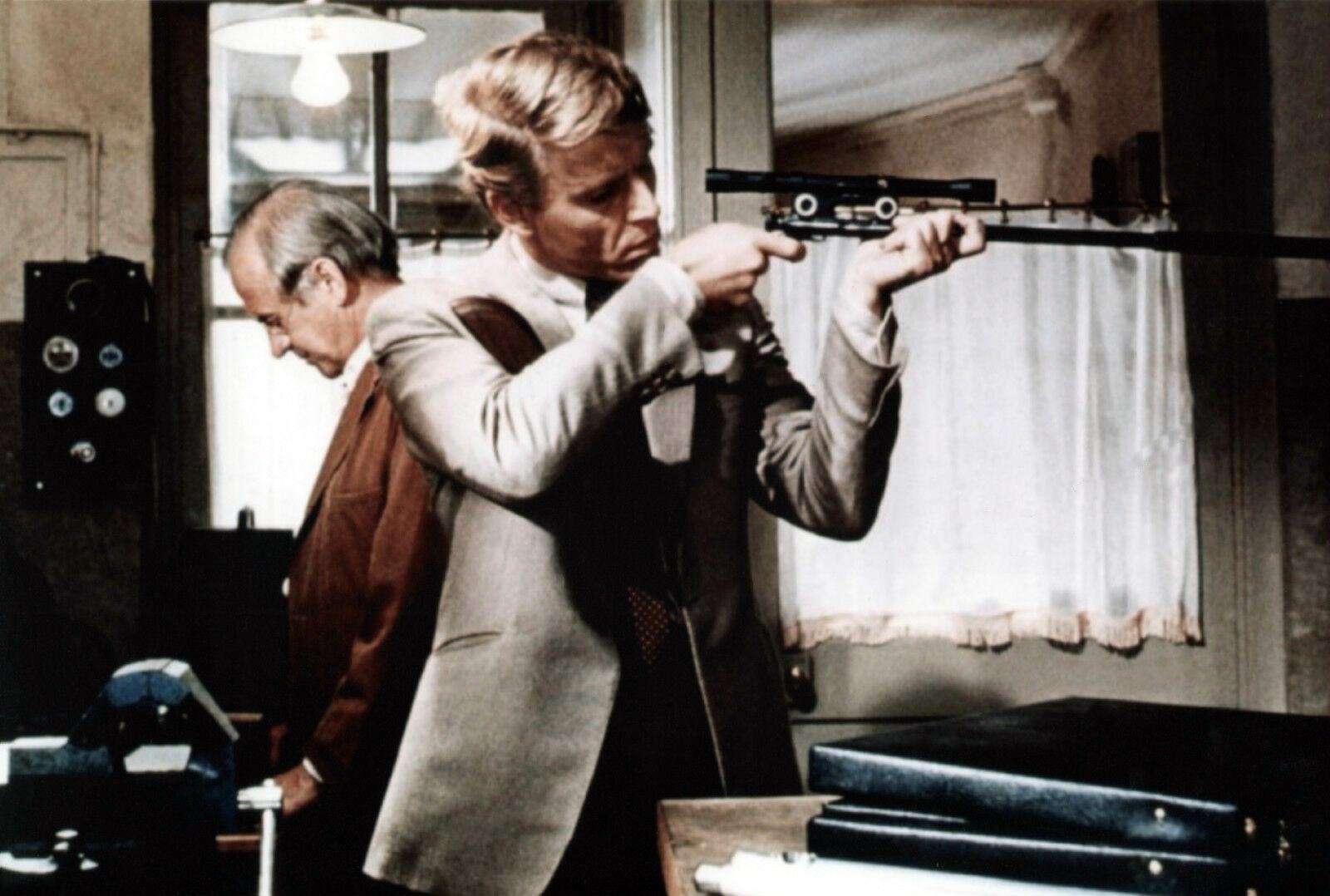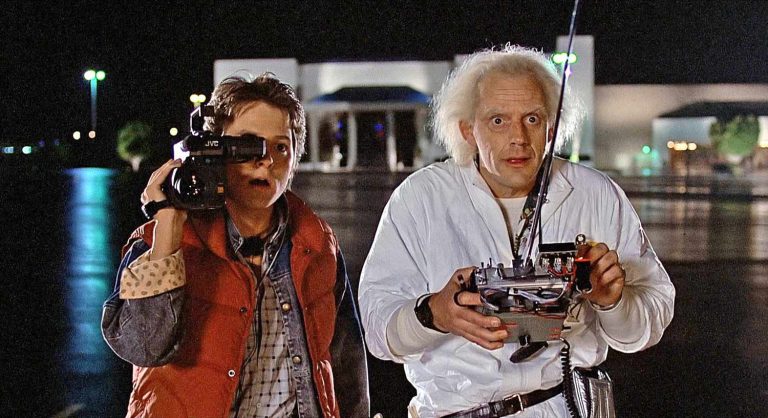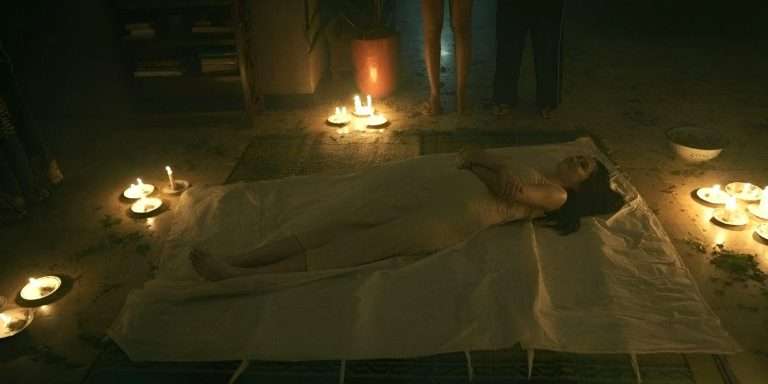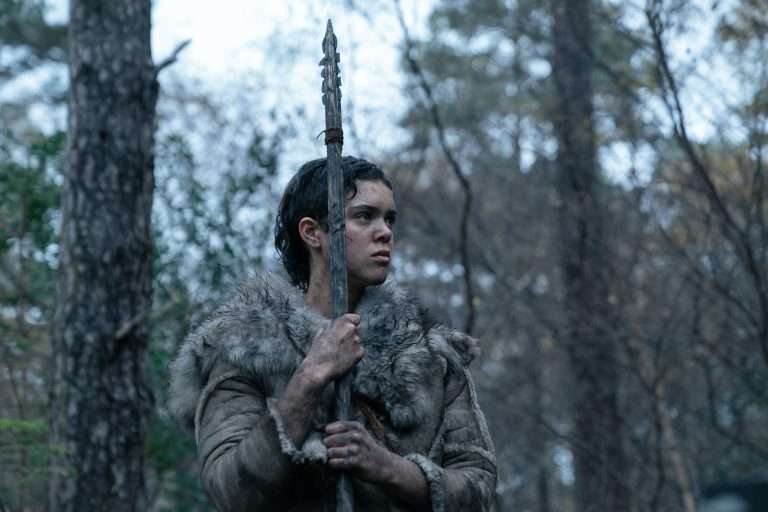The Day of the Jackal (1973) Movie Ending, Explained: It is August 1962. Over 8,000 people have applied for a passport in the United Kingdom since the beginning of the year. Innumerable foreigners are entering France through the southern border. Hundreds of Danish tourists are arriving in Paris every day. Amidst these dizzying numbers, the hunt for a man who calls himself ‘The Jackal’ is quite the search for a needle in a haystack. But this search is the top priority of the French police force and secret service as the security and integrity of the nation are on the line.
During this hullabaloo, an Englishman who presumably oversees foreign operations of their spies informs a compatriot that the Jackal might be a suspect named Charles Harold Calthrop. His reason? The first three letters of his first and last name combine to form ‘chacal’, the French word for ‘jackal.’ This ridiculous linguistic hypothesis provides the first lead to Jackal’s real identity and kicks off the investigation.
Once we get into the thick of things, the simultaneous look at Lebel’s hunt for the Jackal and the latter’s maneuvers provide nearly an hour and a half of intense thrills. Released in 1973, ‘The Day of the Jackal’ holds up exquisitely well, even half a century later because of this commitment, it has to provide an exhilarating ride to the audience. Like all films about superhuman individuals, this also seeks to enthrall us with how one man, operating independently, continuously manages to thwart the advances of an entire Western superpower. Yet the film is hardly a mainstream potboiler. In gray, flat hues and a general indifference to mythologizing, Fred Zinneman crafted a film whose appeal lies in its un-Hollywood flair of it.
In the early 1970s, the paranoid thriller was gaining momentum as a distinct subgenre of political cinema. Following three high-profile political assassinations in the 1960s, fears of foreign infiltration, surveillance, and political instability had become a part of American culture at large. With the likes of Pakula, Frankenheimer, and Costa-Gavras working at the peak of their powers, this genre tapped into the most pressing anxieties of the Cold War.
Fear of the other had become murky territory as global networks of spies, secret services, assassins, and shadowy factions had suddenly made the West recognize that their enemies were not solely behind the Iron Curtain. They could be someone as close as their next-door neighbor. Made on the eve of Nixon’s resignation, ‘The Day of the Jackal,’ through its two lead characters, shows us the banality of both sides, good and evil,
Claude Lebel, played by the distinguished Michel Lonsdale, describes himself and his assistant, Caron, as France’s two most powerful men after the President. Lebel has been given complete access to all echelons of the French bureaucracy. His only limitation is secrecy. Lebel, though, is not a scenery-chewing megalomaniac. He is an out-of-shape, middle-aged man who sweats profusely. He has a calm demeanor, pays a fair bit of importance to his sleep, and is even seen consuming an antacid at one point.
The man is hardly Clint Eastwood. On the other hand, Edward Fox’s portrayal of the Jackal is similarly ordinary in its charisma. He is no Melville-esque stoic but someone who is germane to the exact codes of behavior for every situation. He is not too obstinate to smile when shopping for clothes at a flea market or buying a watermelon from an old woman. His commitment to his mission does not blind him to his libido.
This European fascination with the ordinary is a distinct reason why the currency of ‘The Day of the Jackal’ only increases over the years. We are not made to admire these characters for how mysteriously proficient they are. This is quite similar to Clément’s ‘Purple Noon,’ where instead of viewing Ripley as a magician who can pull a new trick out of his hat every time he is in danger, we get prolonged looks at how he manages to be the dexterous trickster that he is. There is no fear that these revelations will undermine the mystique around him. In fact, it is how Delon as Ripley comes up with off-the-cuff solutions, even in the midst of the most complex situations, that actually maintains our fascination with him.

Fox is given a similar role. He is the designer of his own rifle, and when the need arises, he can even spray paint his Alfa Romeo in the middle of a forest. Given the nature of the assassination, $500,000 eventually comes across as a fair price to avail the services of such a professional, that too on what would have been his final outing. Much of the work that Lonsdale’s Lebel performs is limited to brainstorming ideas in his small office with Caron and then waiting for other officials to put them into effect. The first time he ventures out into the world, he ends up losing all the progress he had made up until then. Both men are fallible, vulnerable individuals, often at the mercy of forces larger than them.
Curiously, despite being a ‘political’ thriller, ‘The Day of the Jackal is hardly political itself. Instead, it unravels how mundane these grand political conspiracies actually are. For Lebel, a career bureaucrat, his investigation is purely carried out as a duty, not with any ideological motivations. The ‘good guys’ are all cogs in a machine, working to save the destabilization of the political sphere that the assassination of their head of State will cause. The ‘bad guys’ are politically motivated but severely disappointing for a cabal aiming to instigate a military coup.
Rodin, Montclair, and Carson are holed up in a hotel in Rome, too afraid to step out after their clumsy first attempt on De Gaulle’s life. The trio is no different from the top brass of an advertising agency, haggling with the Jackal over what is the right price for an assassination. The commitment of a trusted ally, Adjutant Wolenski, does not make him immune to corporeal pain. The only personality these people have is in their tedious assertion, ‘We are not terrorists, you understand? We are patriots.’
In their first contract, Col. Bastien-Thiry, places so much faith in the French army being sympathetic to the OAS’s cause that he believes that his death sentence will unintentionally turn into a mock execution. The following scene comically shows the grandiose nature of the OAS’s beliefs, dissipating entirely in the face of duty. Zinneman’s slyly dark sense of humor surfaces across the film in dismantling such grand beliefs.
So then, after 140 minutes, what makes ‘The Day of Jackal’ endure as a classic if everything in it is eventually so plain, mundane, and lacking in the ideological drive? Here, we can go back to the fortuitous nature of how the hunt for the Jackal was kicked off. The British speculation as to why Charles Calthrop might be the Jackal turns out to be a red herring at the end of the film as the real man, an innocent civilian, turns up. The Jackal’s real identity is again obscured as we are left to wonder who this mercenary really is.
What is scary about the film and which continues to resonate is how there is no science to decoding and combating such evil. The search for the Jackal starts with astronomically lucky speculation, not entirely through any evidence or witnesses. It is fiction, after all, but Zinneman and, by extension, Forsyth, the author of the novel, are both condemning state surveillance as a failure since no amount of keeping tabs on the population actually helps.
Men like the Jackal will always be too imaginative for such restrictions and control. Similarly, such a rigorous investigation eventually fails to unmask who the Jackal was. The horror, then, is Jackal’s unmarked grave at the end, less of a stain on his life of greed and sin and more of a monument to a superpower’s failure to simply identify their enemy.






